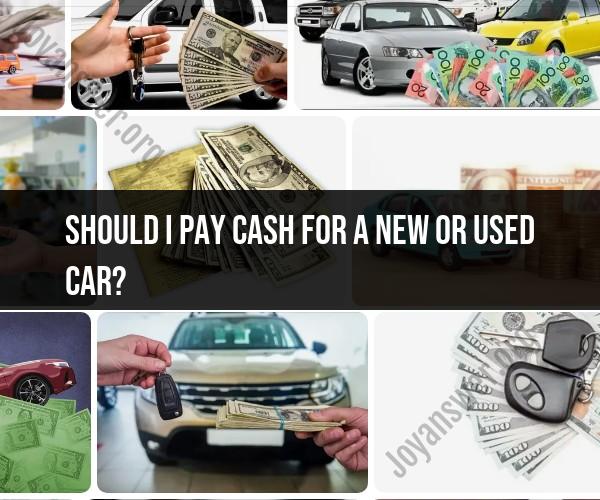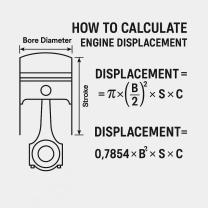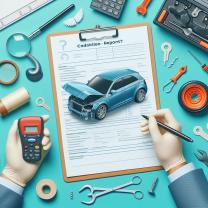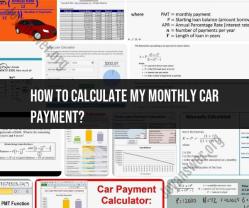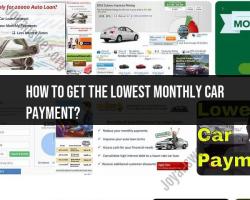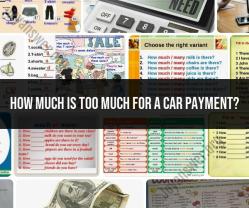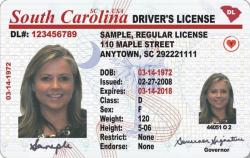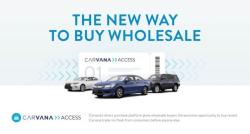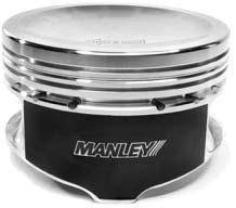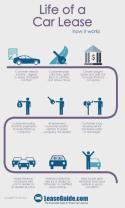Should I pay cash for a new or used car?
Whether you should pay cash for a new or used car or finance the purchase depends on your financial situation, goals, and preferences. Both options have their advantages and disadvantages, so it's important to consider your individual circumstances when making a decision:
Paying Cash:
Advantages:
- No Interest Costs: You won't incur interest charges since you're not taking out a loan, which can save you money over time.
- Ownership and No Monthly Payments: You own the car outright from day one, and there are no monthly loan payments to worry about.
- Simplicity: The buying process is straightforward without the need for loan approval or monthly payments.
Disadvantages:
- Reduced Liquidity: Paying with cash ties up a significant portion of your savings, potentially limiting your access to cash for emergencies or other investments.
- Opportunity Cost: The money used to buy the car outright could have been invested elsewhere to potentially earn a return.
Financing:
Advantages:
- Preservation of Savings: Financing allows you to preserve your cash for other purposes, such as emergency funds, investments, or paying off higher-interest debt.
- Credit Building: Making timely car loan payments can help improve your credit score and credit history.
- Leveraging Low-Interest Rates: If you qualify for a low-interest rate, financing can be cost-effective, especially if you can invest your money elsewhere at a higher rate of return.
Disadvantages:
- Interest Costs: Financing involves paying interest over the life of the loan, which adds to the total cost of the car.
- Monthly Payments: You'll have monthly car loan payments, which can impact your monthly budget.
- Ownership Transfer Delay: Until the loan is paid off, the lender may have a lien on the car, and ownership transfer may be delayed.
Ultimately, the decision should align with your financial goals and comfort level with debt. If you have the financial means to pay cash for a car without significantly depleting your savings and it doesn't disrupt your financial plans, it can be a financially prudent choice. On the other hand, financing can allow you to preserve your cash for other financial goals and may make sense if you can secure a low-interest rate.
Before making a decision, consider factors like your current financial situation, budget, credit score, and long-term financial goals. Additionally, compare financing offers from different lenders to find the most favorable terms if you choose to finance the car.
Cash or Finance: Pros and Cons of Paying for a New or Used Car
There are two main ways to pay for a car: cash or financing. Both options have their own pros and cons.
Pros of paying for a car in cash:
- No interest payments: When you pay for a car in cash, you don't have to pay any interest on the loan. This can save you a lot of money in the long run, especially if you are financing a large amount of money.
- No monthly payments: Once you pay for a car in cash, you don't have to make any monthly payments. This can free up your cash flow for other expenses.
- Own the car outright: When you pay for a car in cash, you own it outright. This means that you don't have to worry about making loan payments or having the car repossessed if you can't afford to make the payments.
Cons of paying for a car in cash:
- Can be a large upfront investment: Paying for a car in cash can be a large upfront investment, especially if you are buying a new or expensive car.
- Could miss out on investment opportunities: If you have a lot of cash, you may want to consider investing it in stocks, bonds, or other investments instead of using it to buy a car.
Pros of financing a car:
- Smaller upfront investment: Financing a car can be a good option if you don't have a lot of cash to put down. You can typically finance a car with a small down payment, and then make monthly payments over a period of time.
- Can build your credit history: If you make your car payments on time and in full each month, you can build your credit history. This can make it easier to get approved for loans in the future and to qualify for lower interest rates.
Cons of financing a car:
- Interest payments: When you finance a car, you have to pay interest on the loan. This can add up to a lot of money over the life of the loan.
- Monthly payments: Financing a car requires you to make monthly payments. This can be a burden, especially if you have other financial obligations.
- Risk of repossession: If you are unable to make your car payments, the lender may repossess the car. This can damage your credit history and make it difficult to get approved for loans in the future.
Which option is right for you?
The best way to decide whether to pay for a car in cash or to finance it is to consider your individual circumstances. If you have a lot of cash and can afford to pay for the car outright, then doing so may be the best option for you. However, if you don't have a lot of cash or if you want to build your credit history, then financing the car may be a better option.
Here are some tips for choosing between paying for a car in cash and financing it:
- Consider your budget. How much cash do you have available for a down payment? How much can you afford to pay in monthly payments?
- Consider your credit history. If you have good credit history, you may be able to qualify for a lower interest rate on a car loan.
- Consider your investment goals. If you have a lot of cash, you may want to consider investing it instead of using it to buy a car.
- Talk to a financial advisor. A financial advisor can help you assess your individual circumstances and make the best decision for you.
